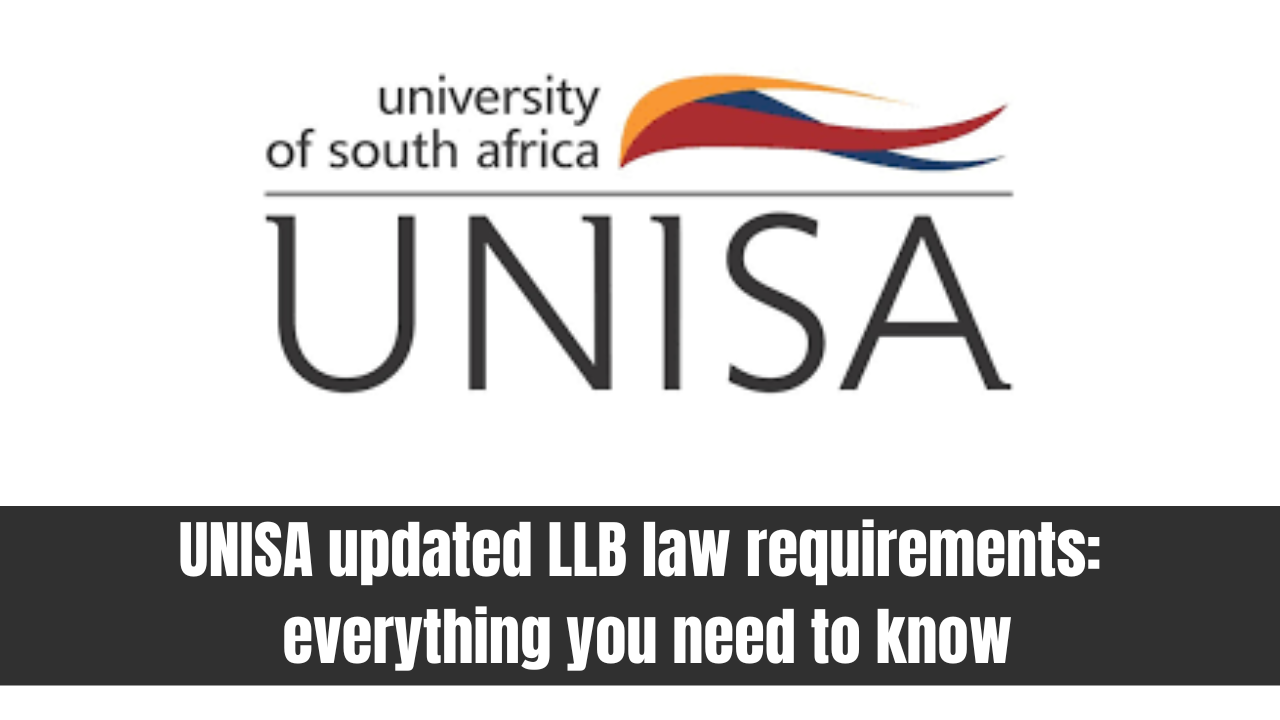What Are the Requirements for BSC Informatics? The Bachelor of Science (BSc) in Informatics is a sought-after degree that equips students with the skills and knowledge necessary to excel in the field of information technology. This degree blends computer science, information systems, and business to prepare graduates for various careers in IT and related industries. Understanding the requirements for enrolling in a BSc Informatics program is crucial for prospective students. This article outlines the typical prerequisites and steps necessary to embark on this academic journey.
What Are the Requirements for BSC Informatics?
Degree qualification obtained with a minimum 60% pass mark in Informatics, the ability to identify and solve business problems within industry through computer programming.
High School Diploma or Equivalent
The foundational requirement for a BSc Informatics program is a high school diploma or its equivalent. Students should have completed secondary education with satisfactory grades. In some countries, this may be referred to as a General Certificate of Secondary Education (GCSE) or equivalent qualification.
Mathematics and Science Proficiency
Given the technical nature of the BSc Informatics, proficiency in mathematics and science is crucial. Most programs require applicants to have strong grades in subjects such as:
- Mathematics (Algebra, Calculus, Statistics)
- Science (Physics, Computer Science)
English Language Proficiency
For non-native English speakers, demonstrating English language proficiency is essential. Most universities accept standardized test scores from exams such as:
- TOEFL (Test of English as a Foreign Language)
- IELTS (International English Language Testing System)
Application Process
Application Form
Prospective students must complete an application form, which is typically available on the university’s website. This form requires personal information, academic history, and other relevant details.
Transcripts and Certificates
Applicants must submit official transcripts from their high school or previous educational institutions. These documents should provide a detailed record of the subjects studied and the grades obtained.
Letters of Recommendation
Many BSc Informatics programs require letters of recommendation from teachers, mentors, or employers. These letters should attest to the applicant’s academic abilities, work ethic, and suitability for the program.
Personal Statement
A personal statement or essay is often required. This document allows applicants to explain their interest in the field of informatics, their career goals, and why they have chosen a particular university.
Additional Requirements
Entrance Exams
Some universities may require applicants to take entrance exams. These exams assess the student aptitude in relevant subjects such as mathematics and computer science.
Interview
In some cases, applicants may need to attend an interview. This can be conducted in person or online and is an opportunity for the admissions committee to get to know the applicant better.
Preparatory Courses
For students who do not meet all the academic requirements, some universities offer bridging programs. These are preparatory courses designed to help students acquire the necessary knowledge and skills to qualify for the BSc Informatics program.
Financial Requirements
Understanding the financial requirements is essential. Tuition fees for a BSc Informatics program can vary significantly depending on the country, university, and duration of the program. Prospective students should research and plan for these costs accordingly.
Scholarships and Financial Aid
Many universities offer scholarships and financial aid to help students manage the cost of their education. It is advisable to explore these options and apply for any available funding.
Career Prospects
Graduates of BSc Informatics programs have a wide range of career opportunities available to them. They can work in various industries, including technology, finance, healthcare, and government. Common job roles include:
- Software Developer
- Systems Analyst
- IT Consultant
- Data Analyst
- Network Administrator
Further Studies
Many graduates choose to pursue further studies, such as a Master’s degree in Informatics or related fields. Advanced degrees can lead to higher-level positions and specialized career paths.
Conclusion
Pursuing a BSc in Informatics is a valuable investment in your future. By meeting the academic, application, and financial requirements, you can embark on a rewarding educational journey that opens doors to numerous career opportunities. Ensure you thoroughly research and prepare for each step of the application process to enhance your chances of admission and success in this dynamic field.










